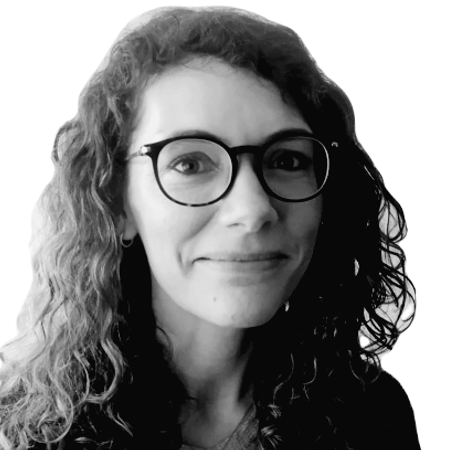I’ve always moved back and forth between working in clinical and academic settings.
I briefly studied English literature and then changed to psychology, probably because it combined an interest in people with an idea it would teach me some practical, applied skills for the ‘real world’. Studying psychology at Cardiff University was when clinical psychology as a career first entered my head. If I look back, the few years after my undergraduate studies were basically me trying lots of different roles in both research (research assistant, masters student) and more ‘applied’ settings (carer, English language teacher, assistant psychologist) to work out whether I wanted to go down the academic or applied route.
I eventually landed on clinical psychology because it combined both research and practice.
It sounds like a reasoned decision, but I think it was probably the culmination of a few years trying different things which left me with a strong gut feeling. When I started my clinical psychology doctorate, my preference and area of comfort was the research side of things. However, as the programme went along, I probably valued the clinical placements the most: particularly in trying to get things to work with people in ‘real-world’ settings, and all the working things out, problem-solving, creativity (and frustrations) that come with that.
When I graduated, my main concern was consolidating my clinical skills and feeling more confident as a practitioner. I started working as a clinical psychologist in an Older People’s Mental Health team. To date, I have learned an enormous amount from my clinical work with colleagues and service users. But after a couple of years, I was missing the research side of things – I missed the systematic ‘finding out’ about why things work or happen the way they do.
Although clinical psychologists are trained in research and practice, there are fewer opportunities to undertake research in qualified roles. I started to think about how I could re-engage with research, but I was struggling with how to get there.
I had done research before, but not very much had been applied research. Being in a clinical role, and therefore out of the loop of academia, I was missing out on the support that would help me go in that direction.
I was really pleased when I heard about the East of England ARC Fellowship and knew it was right for me.
It has been a great opportunity to learn how to do applied research amongst supportive people who bring lots of experience, knowledge, and enthusiasm. I now think that applied research is an area that really suits me. I get to sit on the boundary between research and practice, and that’s probably why my meandering path has led me to this point.

